18 GPTs for Marketing Emails Powered by AI for Free of 2026
AI GPTs for Marketing Emails are advanced tools designed to revolutionize email marketing strategies. Utilizing Generative Pre-trained Transformers, these tools are crafted to automate and personalize marketing emails at scale. They adapt to a variety of marketing contexts, providing customized content that resonates with each recipient. Their significance lies in leveraging AI to enhance engagement, conversion rates, and ultimately, the success of email marketing campaigns.
Top 10 GPTs for Marketing Emails are: copy,Email Editor,Subject Line Hero Pro,RÉDIGE E-MAIL PRO,Improve the style (email),WKCF Robo Copy Editor,C.A.E. Email Copy Wizard,Copywriting Roasting Service,Email Enhancer,Email Spam Word Filter
copy
AI-powered writing tailored for your needs.

Email Editor
Craft Perfect Emails with AI
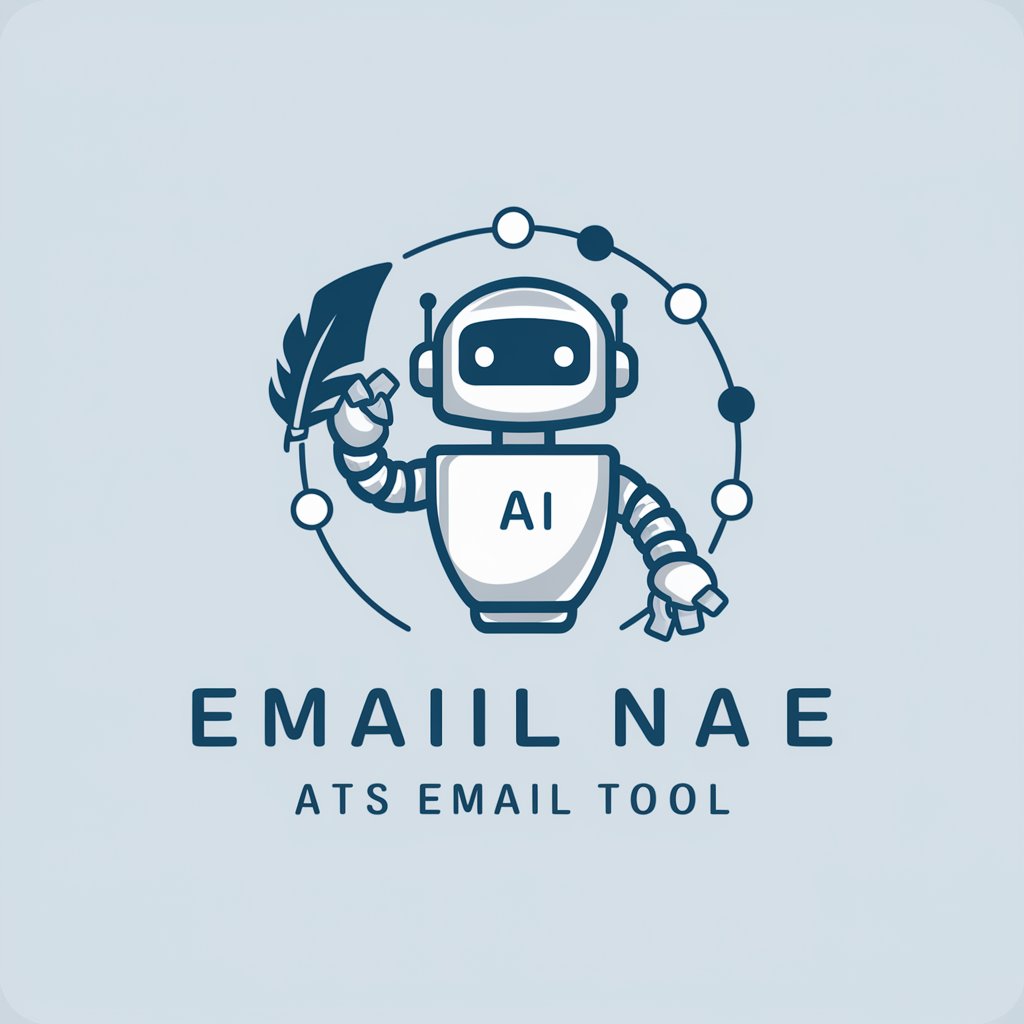
Subject Line Hero Pro
Boost Opens with AI-Powered Subject Lines

RÉDIGE E-MAIL PRO
Empower Your Words with AI
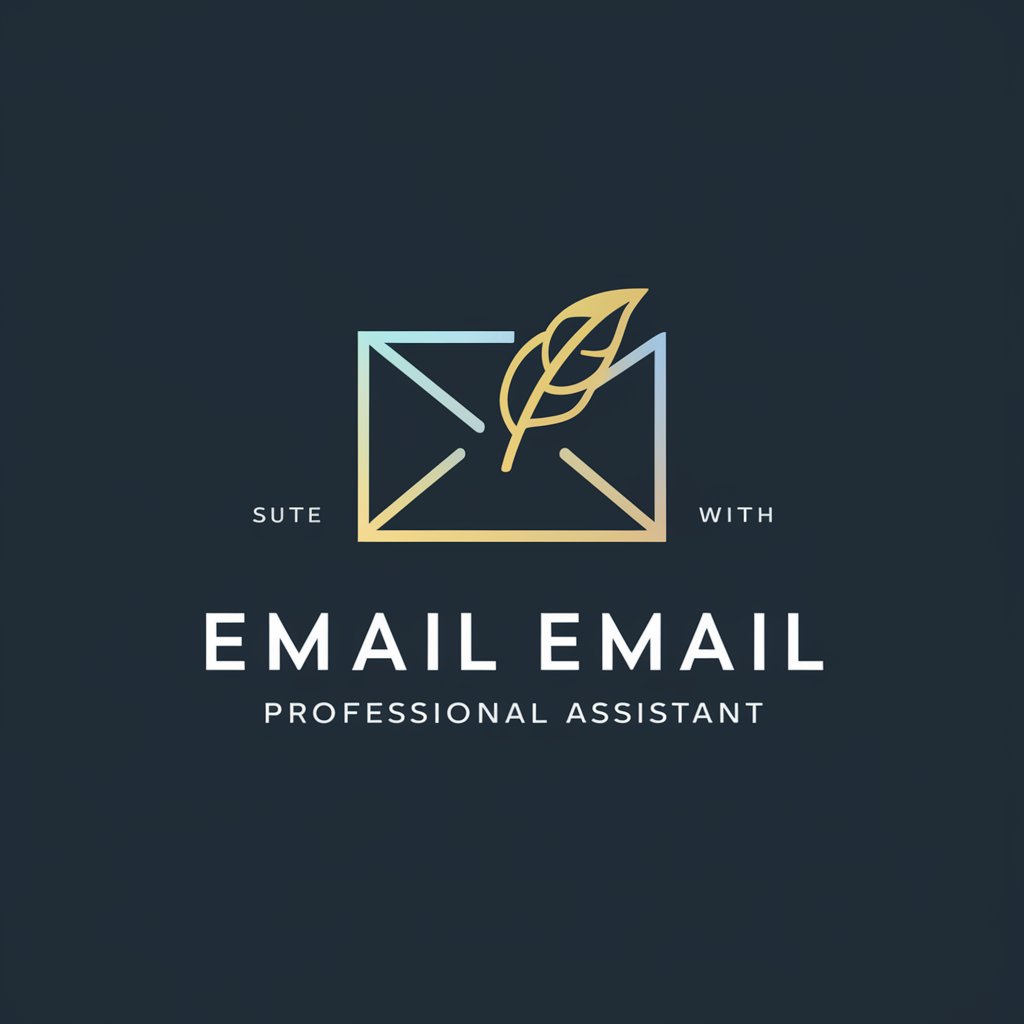
Improve the style (email)
Elevate Your Emails with AI-Powered Style Improvement
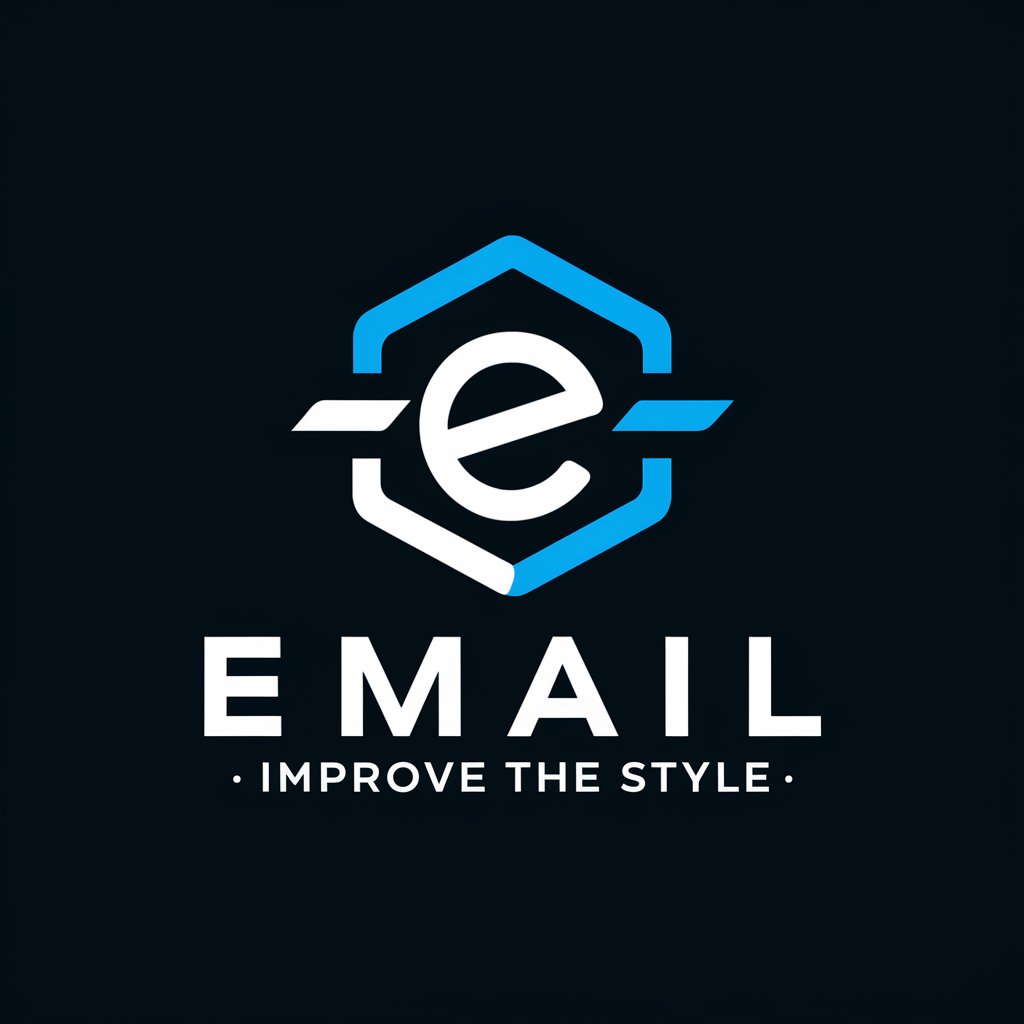
WKCF Robo Copy Editor
Elevate Your Copy with AI-Powered Precision

C.A.E. Email Copy Wizard
Craft Personalized Emails with AI
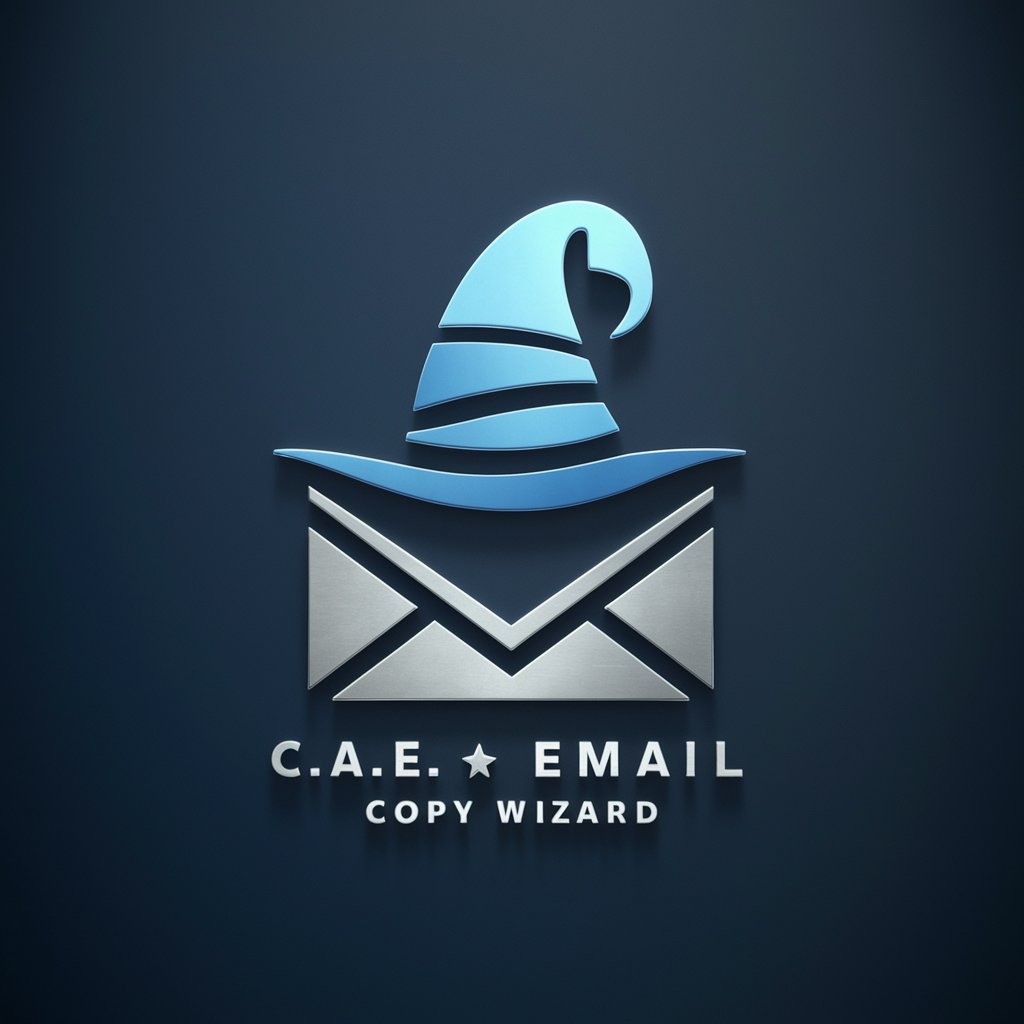
Copywriting Roasting Service
Elevate Your Copy with AI Insight

Email Enhancer
Polish Your Emails with AI Power
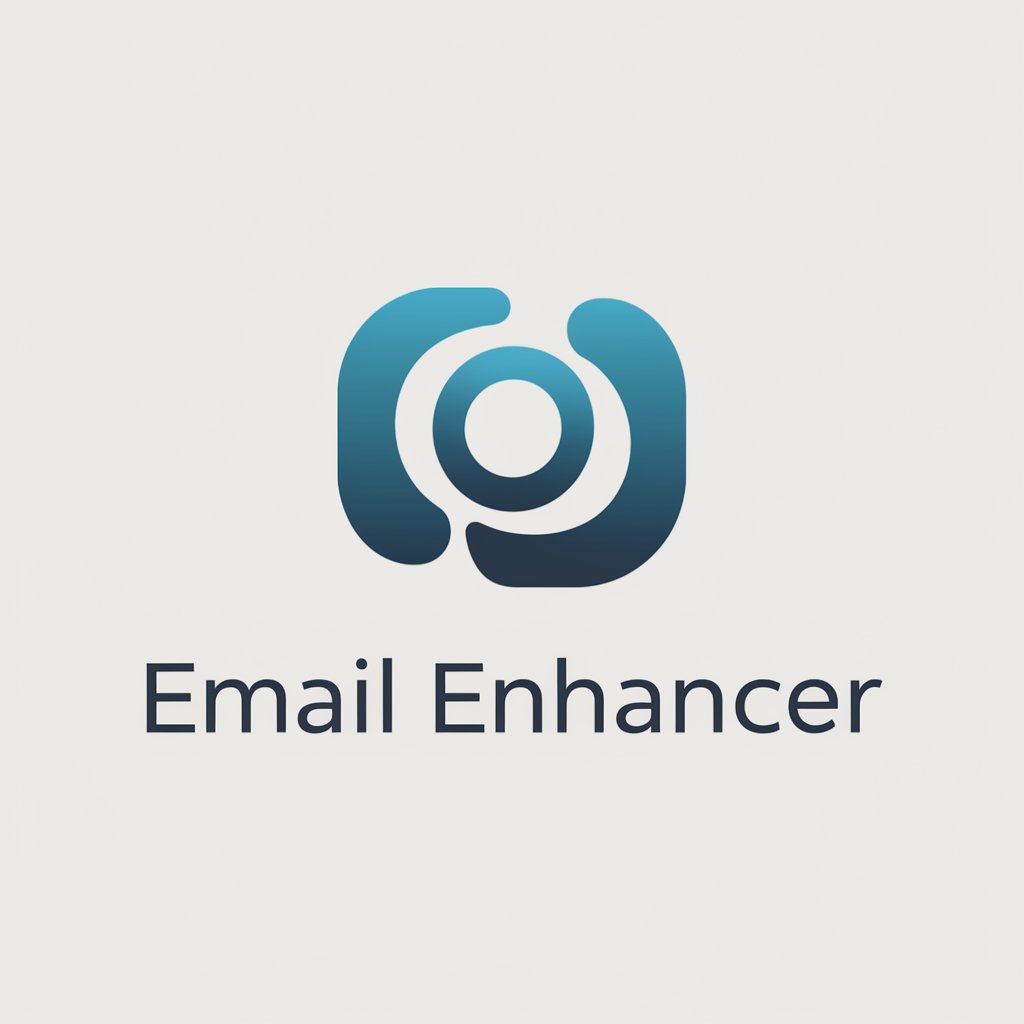
Email Spam Word Filter
Craft Emails AI-Assured Against Spam
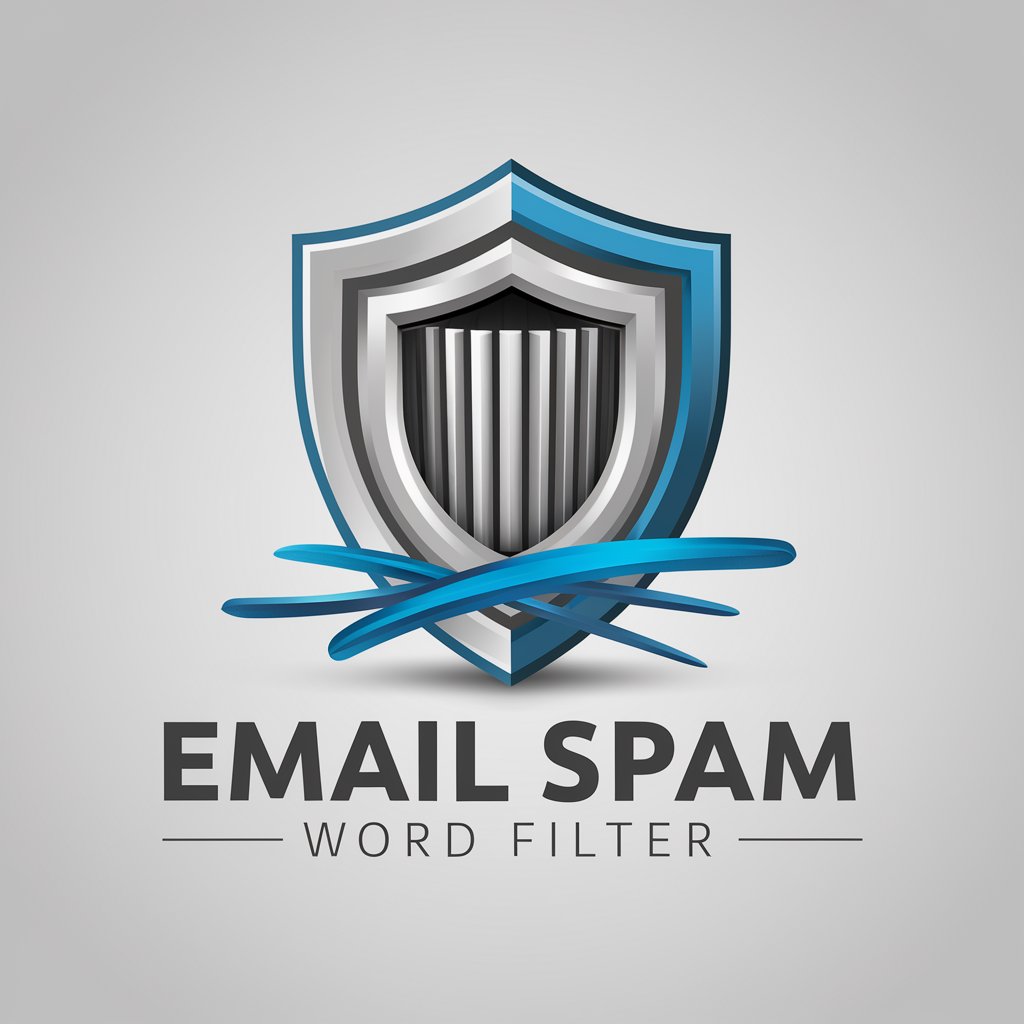
Copywriter d’e-mails expérimenté
Crafting Professional Emails, Effortlessly

E-mail Assistent NL
Elevate Your Emails with AI-Powered Precision
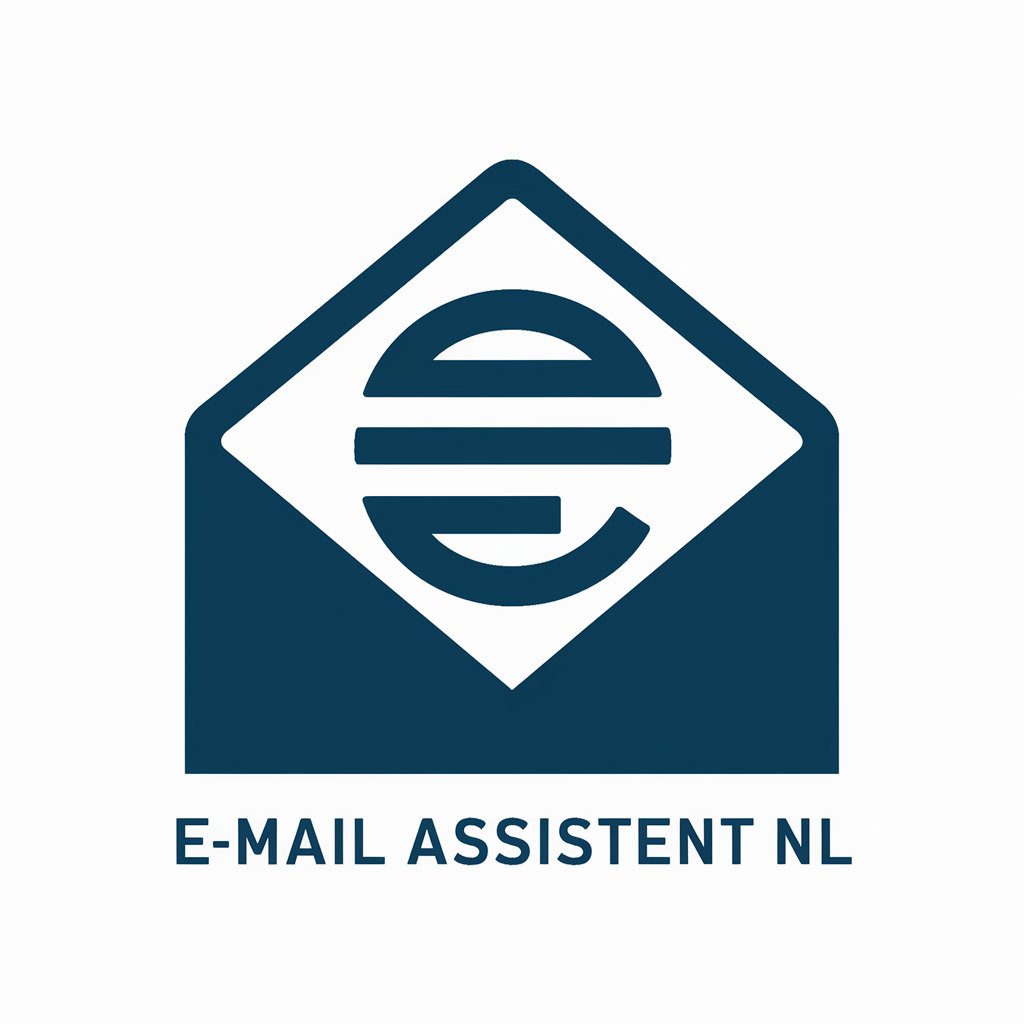
OA خبير كتابة البريد الإلكتروني العربي
Craft Perfect Arabic Emails with AI

Email Writer
Craft Perfect Emails with AI
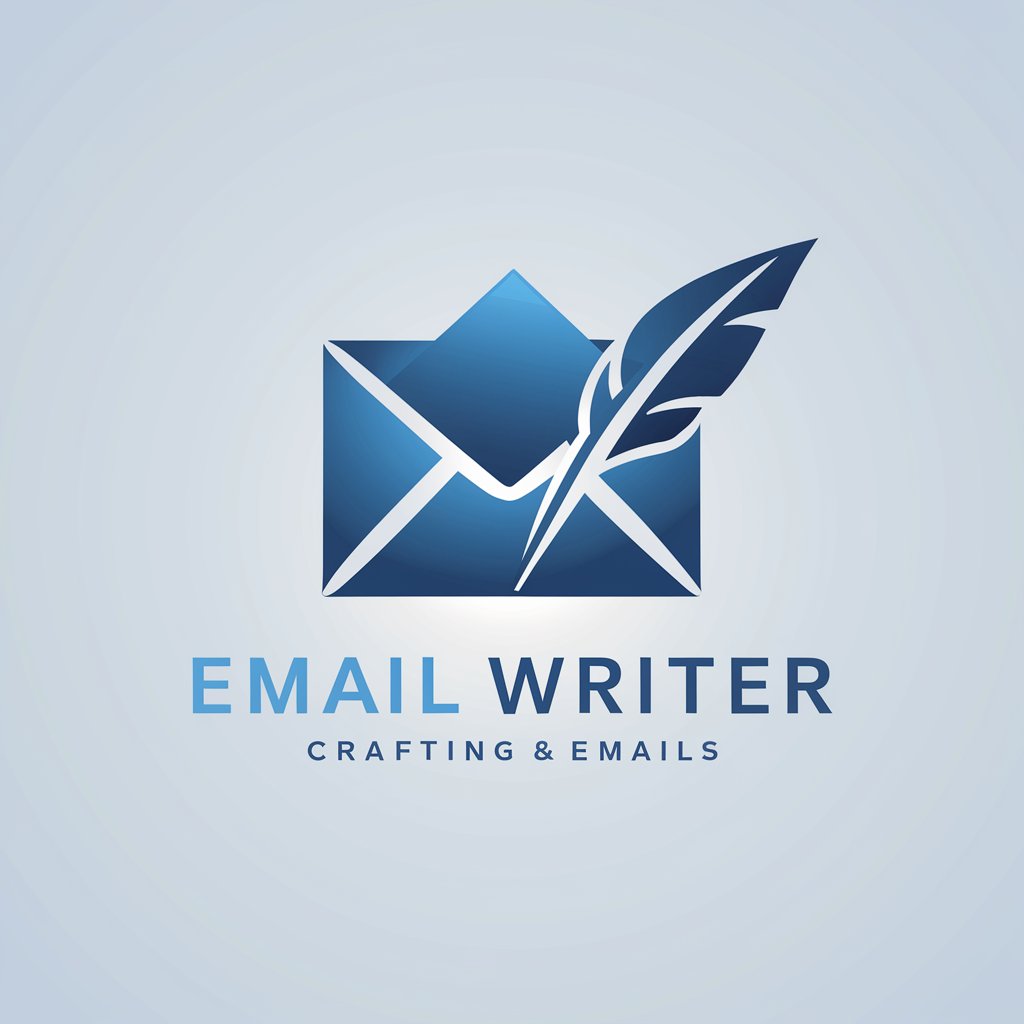
EmailEagle
Crafting Clear Emails with AI Power
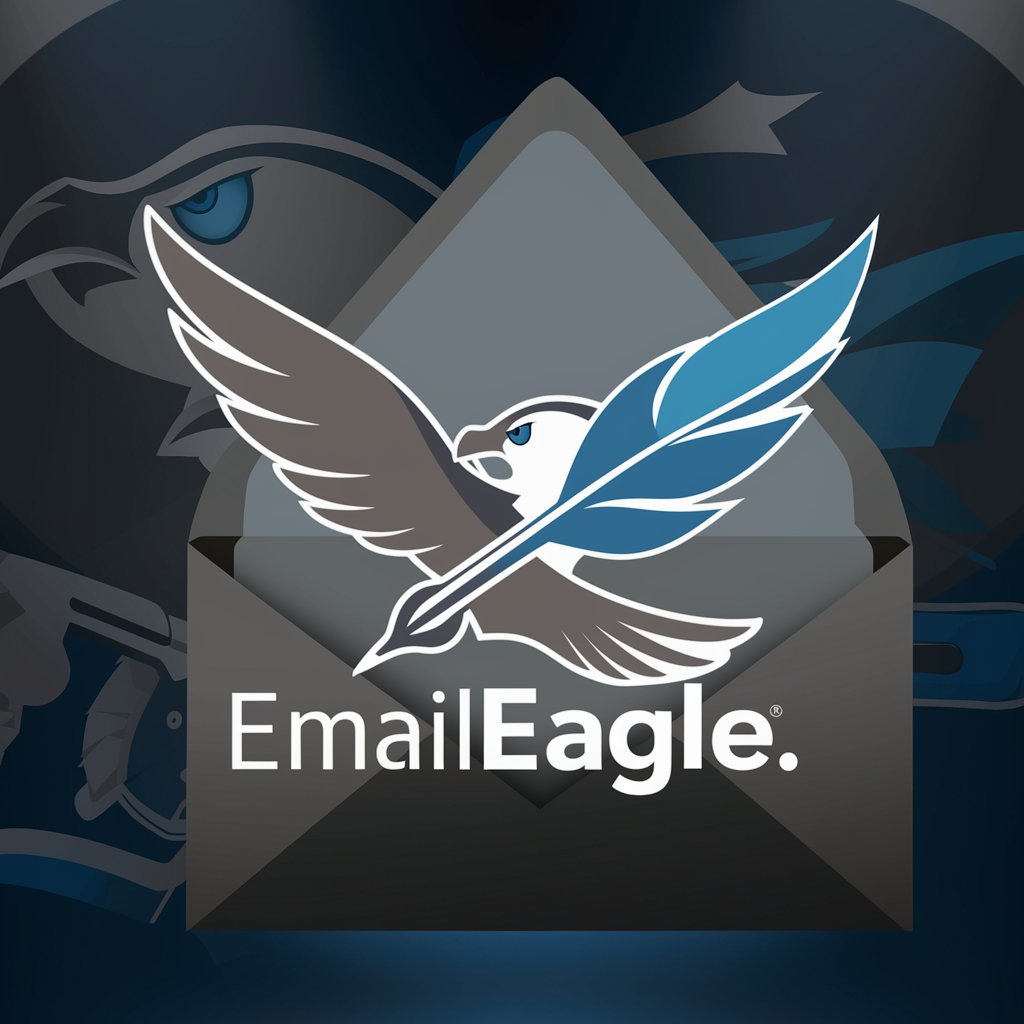
Email Writer
Crafting Emails, Powered by AI

Email Harmonizer
Refining Communication with AI
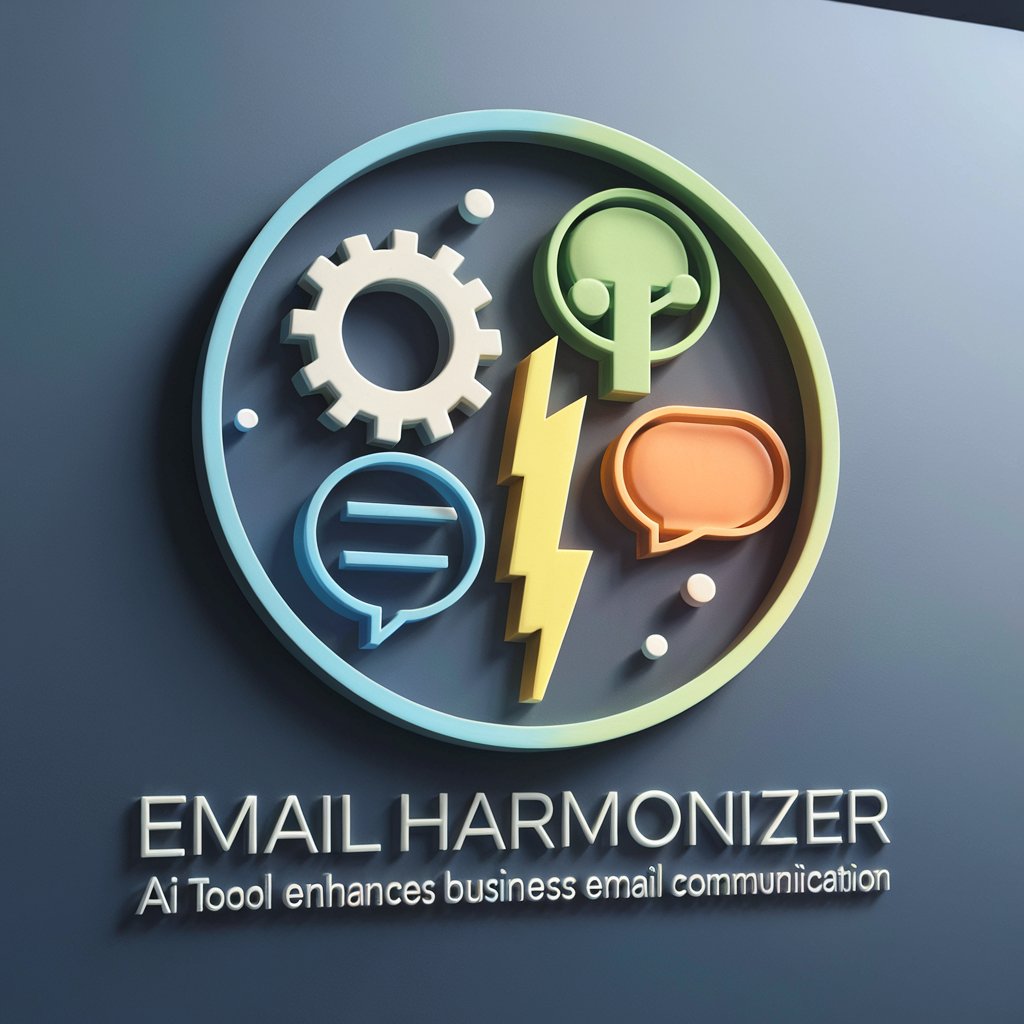
Copywriting Expert
Craft compelling content with AI

Essential Attributes of AI GPTs for Email Marketing
AI GPTs for Marketing Emails come with a suite of features aimed at maximizing the efficiency and effectiveness of email campaigns. These include natural language processing for creating compelling copy, learning algorithms that tailor messages to individual preferences, and analytics capabilities for optimizing campaign performance. Special features may also encompass integration with CRM systems, A/B testing tools for content optimization, and the ability to generate visually appealing email layouts automatically.
Who Benefits from Email Marketing AI Tools
The primary beneficiaries of AI GPTs for Marketing Emails span a broad spectrum, from marketing novices to seasoned professionals. These tools democratize access to advanced email marketing capabilities, allowing users without technical expertise to craft effective campaigns. Simultaneously, they offer deep customization options for developers and marketers with a technical background, making them versatile tools for businesses of all sizes.
Try Our other AI GPTs tools for Free
Graphical Review
Discover AI GPTs for Graphical Review: innovative tools designed to transform visual data analysis and content creation, making complex tasks simpler and more accurate.
Statistical Evaluation
Discover the power of AI GPTs for Statistical Evaluation, your gateway to simplified and advanced data analysis. Tailored for both novices and experts, these tools transform complex statistics into actionable insights.
procrastination
Discover how AI GPTs for procrastination can transform your productivity with personalized strategies, task management, and motivational support.
bare minimum
Discover how AI GPTs for bare minimum streamline tasks with minimalistic, powerful solutions. Ideal for novices and professionals, these tools offer simplicity, efficiency, and adaptability across various domains.
casual use
Explore AI GPTs for casual use, your gateway to simplifying daily tasks with artificial intelligence. Discover tools that adapt to your needs, from creative content generation to personalized advice, all designed for easy use.
Symptom Information
Discover how AI GPTs for Symptom Information transform access to health data, offering insights into symptoms and conditions with advanced AI technology.
Expanding Horizons with AI in Email Marketing
AI GPTs are not just about automating email content; they're about transforming how businesses engage with their audience. By integrating these tools, companies can expect not only to streamline their email marketing efforts but also to create more meaningful, personalized interactions with their customers. These tools offer a glimpse into the future of marketing, where technology enhances creativity and strategic thinking.
Frequently Asked Questions
What exactly are AI GPTs for Marketing Emails?
AI GPTs for Marketing Emails are artificial intelligence tools designed to automate and personalize email marketing campaigns. They use advanced algorithms to generate tailored content for each recipient, improving engagement and effectiveness.
Can someone without coding skills use these AI tools?
Yes, AI GPTs are designed to be user-friendly, allowing individuals without coding skills to create and manage effective marketing emails.
How do AI GPTs personalize emails?
AI GPTs analyze recipient data and previous interactions to craft personalized messages that resonate on an individual level, enhancing engagement and conversion rates.
Can these tools integrate with my existing CRM?
Many AI GPTs for Marketing Emails are designed to seamlessly integrate with a variety of CRM systems, enhancing data synchronization and campaign management.
Do AI GPTs offer analytics for campaign optimization?
Yes, they provide detailed analytics on campaign performance, including open rates, click-through rates, and conversion metrics, to help optimize future emails.
Are there options for A/B testing within these tools?
Absolutely, A/B testing capabilities are often built-in, allowing users to test different email components and determine the most effective versions.
How do these AI tools handle language variations in emails?
AI GPTs are equipped with multilingual capabilities, enabling them to create and optimize emails in various languages, making your campaigns globally accessible.
Can AI GPTs automate the entire email marketing process?
While AI GPTs significantly automate content creation and personalization, strategic input and oversight from marketers remain crucial for campaign success.